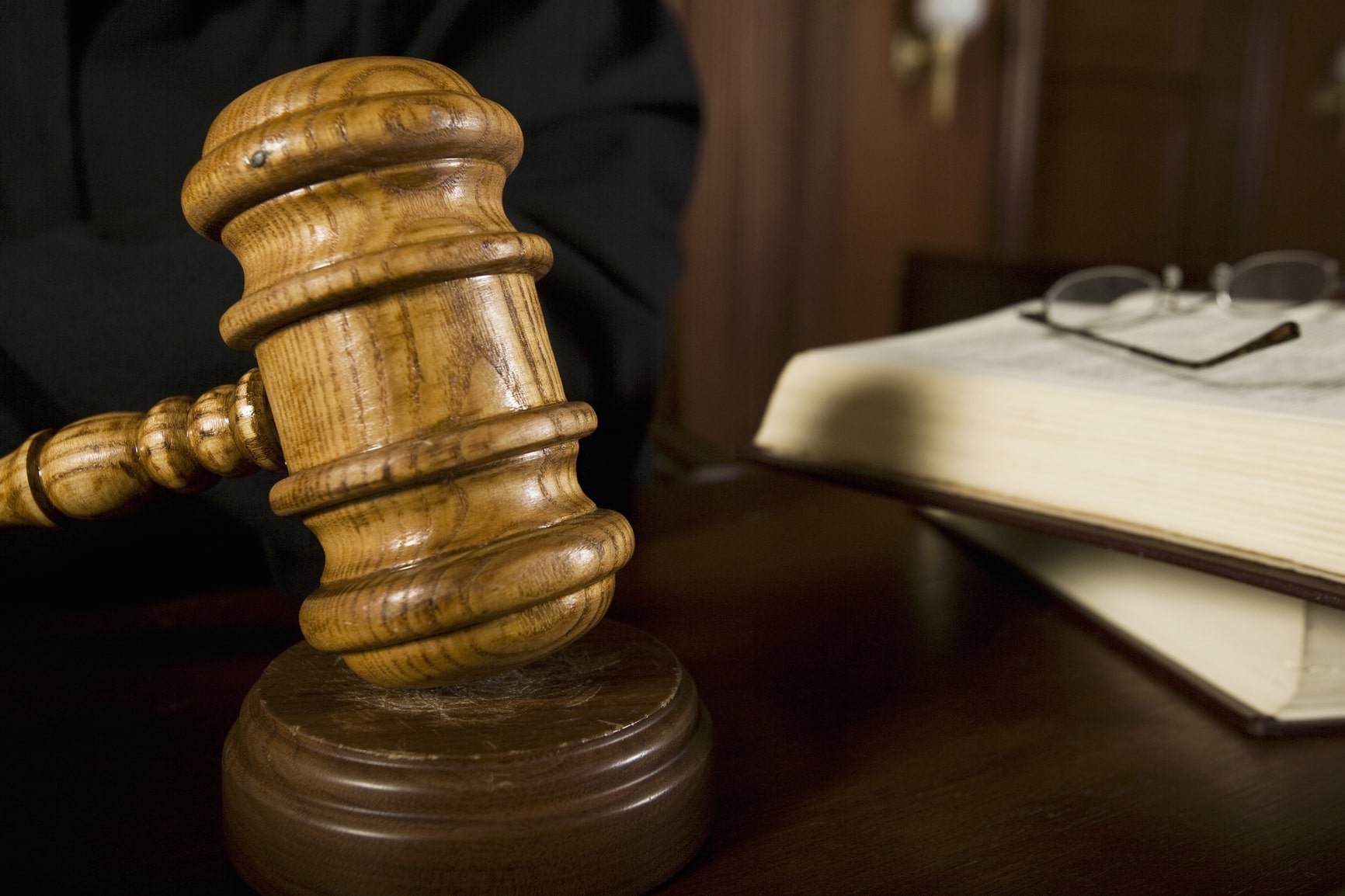
For many individuals who are overwhelmed by debt, filing for Chapter 7 bankruptcy can be a significant step towards financial relief. Preparing for this process requires a clear understanding of what to expect and the necessary steps to take. In this post, our Chapter 7 bankruptcy lawyer will outline the key elements to consider when preparing for a Chapter 7 bankruptcy filing, providing you with the information needed to approach this decision with confidence.
Assessing Your Financial Situation
Before filing for Chapter 7 bankruptcy, it’s crucial to have a comprehensive understanding of your current financial situation. This includes gathering all relevant documents, such as income statements, bank statements, and a list of all debts and assets. Taking a thorough inventory of your financial status helps determine if Chapter 7 bankruptcy is the right option for you.
Mandatory Credit Counseling
One of the first steps in the bankruptcy process is completing a credit counseling course. This is a mandatory requirement and must be completed within 180 days before filing. The purpose of this course is to evaluate your financial situation and explore alternatives to bankruptcy. Upon completion, you will receive a certificate that must be included with your bankruptcy filing.
Filing the Petition
One critical aspect involved with filing a bankruptcy petition will involve submitting key forms that disclose your financial information which will include assets, liabilities, income, and expenses. This paperwork is critical and must be accurate, as any discrepancies can lead to complications or even dismissal of your case. It’s often beneficial to consult with a lawyer to ensure all forms are correctly completed.
Meeting of Creditors
After filing your petition, you will be required to attend a meeting of creditors, also known as a 341 meeting. During this meeting, the bankruptcy trustee and any creditors who choose to attend will ask you questions about your financial situation and the information provided in your filing. It’s essential to be honest and transparent during this meeting. Attorneys can attest to the importance of being well-prepared for this step.
Understanding Exemptions
Exemptions play a vital role in Chapter 7 bankruptcy as they determine which assets you can keep. Each state has specific exemption laws that protect certain types of property from being liquidated to pay creditors. Familiarize yourself with the exemptions in your state and consider how they apply to your situation. This step is crucial to know what you can retain through the bankruptcy process.
Impact on Your Credit
Filing for Chapter 7 bankruptcy will have a significant impact on your credit score. It’s important to understand that this effect is temporary and that there are steps you can take to rebuild your credit over time. Being aware of this impact allows you to plan for future financial decisions and work towards reestablishing your creditworthiness after bankruptcy.
Rebuilding After Bankruptcy
Life after Chapter 7 bankruptcy can be an opportunity for a fresh financial start. To rebuild your credit, consider creating a budget, using credit responsibly, and paying all bills on time. Over time, these steps can help improve your credit score and financial health.
Moving Forward
There are several important steps involved when preparing for Chapter 7 bankruptcy including assessing your financial situation and understanding the potential impacts on your credit. By taking a thorough and organized approach, you can face the bankruptcy process with greater ease. Consulting with a legal professional can provide valuable guidance and support throughout this journey. Our friends at Pioletti Pioletti & Nichols discuss the importance of being well-prepared and informed as you take this significant step toward financial relief.






